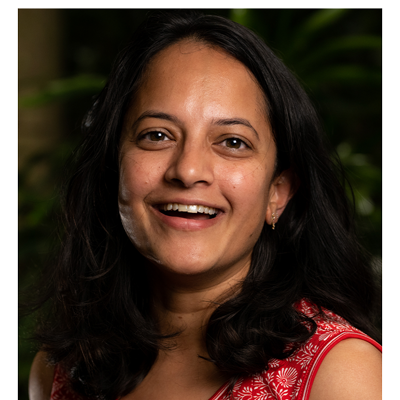
It was a fresh morning in Bangalore and Dr. Karanth was glowing. Meanwhile, in my New York apartment, I grinned out from the shadows of a poorly lit Zoom window at 11pm. But let me tell you – after the conversation we had – it was hard to go to sleep! I was feeling inspired and ready to do my part to repair our relationship with the wild places on our planet.
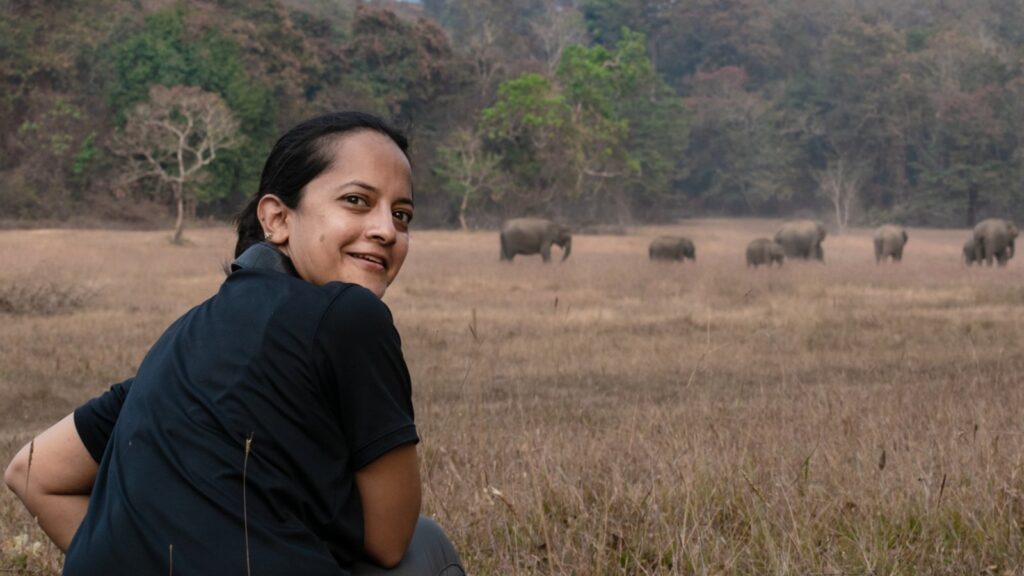
Dr. Krithi K. Karanth is the Chief Conservation Scientist & Executive Director at the Centre for Wildlife Studies. Dr. Karanth is also Adjunct Faculty at Duke and National Centre for Biological Sciences. She has a Ph.D. from Duke (2008), a M.E.Sc from Yale (2003) with B.S and B.A degrees from the University of Florida (2001). She has also completed executive education courses at Harvard, Oxford, and Stanford.
Her research in India and Asia spans 24 years and countless fields – she has published 100+ scientific and pop-journalism articles engaging and educating people about the necessity of a more concerted effort towards conserving our wild places. She also mentors young scientists and recruits hundreds of volunteers to come help CWS on the ground.
Don’t let that list overwhelm you! Dr. Karanth is a down to earth (pun intended) hands-on researcher committed to finding realistic, accessible pathways to the conservation of wild animals and wild places in India.
I talked to her about how the arts can work with the sciences, and she was effusive in her belief that without proper storytelling – without making people see and understand and feel that this work matters – often science alone will fall short of creating lasting, real change. Did we mention that Dr. Karanth is a National Geographic grantee and 2012 NatGeo Explorer? She said that being associated with NatGeo helped her realize the power of visual and narrative storytelling.
We are thrilled to partner with Dr. Karanth and CWS as part of our tour of The Jungle Book: Rudyard Revised. In our script the tiger – Sher Baagh – is re-characterized as a traumatized victim of tiger poaching. This contextualization of the character’s actions feels like a storytelling release – finally, he feels real and approachable. Giving Sher Baagh this dimensionality is a core part of what our production is trying to accomplish – and it is totally in line with what CWS does in so much of its outreach and education.
Helping communities that live right next to wild jungles is a big part of the CWS mission – finding a way back to coexistence and harmony – to see if our Jungle and Village are able to do the same you’ll just have to come see the show.
Hear from Dr. Karanth about our collaboration!
The Centre for Wildlife Studies uses many tools to engage with a diversity of populations. The environment impacts us all – though as always the effects of climate change and environmental collapse are felt first by our community’s most vulnerable.
For a more global engagement, CWS has created videos, films, books, and even children’s books so that the diaspora can understand the immediate need for change and action as well as develop empathy and care for the natural world.
On the ground, CWS has created programs like Wild Seve, Wild Surakshe, and Wild Shaale. Wild Seve serves people who are living in close proximity to wild places and can have negative conflicts with animals there – established as a hotline, Wild Seve staff are dispatched to help mediate the situation as well as ensure that the affected people receive proper compensation and care.
This helps foster productive dialogue and prevents building resentment towards wild animals – it also helps with the complications that these communities often face when dealing with the government, since CWS manages all of that interaction. Over time, this is a model for a healthier way to coexist with the environment.
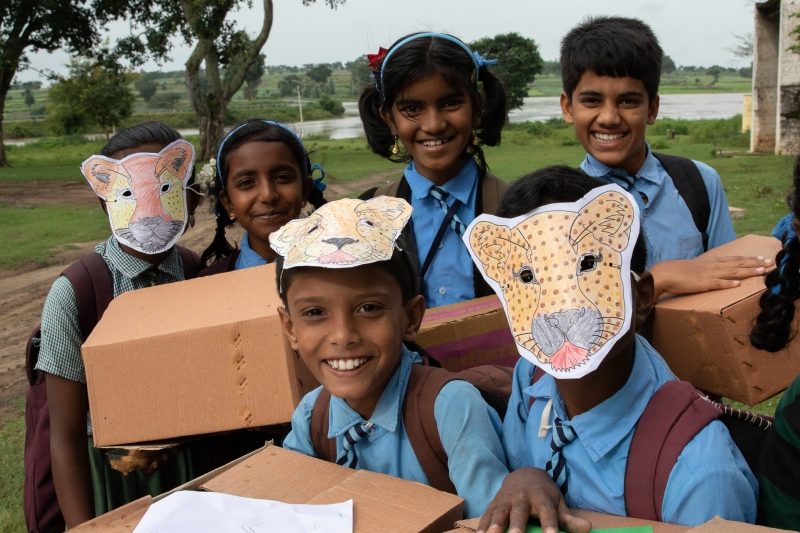
Wild Surakshe focuses on disease-prevention and public health training for these communities to show how they can live in greater safety.
Wild Shaale is also an education focused program – this time for children. Often, children growing up in close proximity to wild places can develop trauma as it relates to wild animals. Wild Shaale works to repair that and shows children how they can develop a healthy curiosity and empathy for nature.
I asked her about how people can get involved – honestly, I asked how I could get involved! – and her immediate response was “Come to Bangalore and give us your time!”. As celebrated and decorated as she is as a researcher, her core is still in the jungle where as a 2 year old she hung out with her first tiger and elephant.
When I told her that the plane ticket and the jetlag might not be possible for me, she mentioned that CWS is always looking for more partnerships in unique circles (like the theatre!). I realized, as I thought through my various pursuits, just how close environmental concerns are to almost every field of work.
So to all of you tech CEOs, small business owners, instagram influencers, construction workers, multi-hyphenate actors, and beyond – if you want to learn more about CWS and how you can get involved, explore their website at cwsindia.org and get in touch!
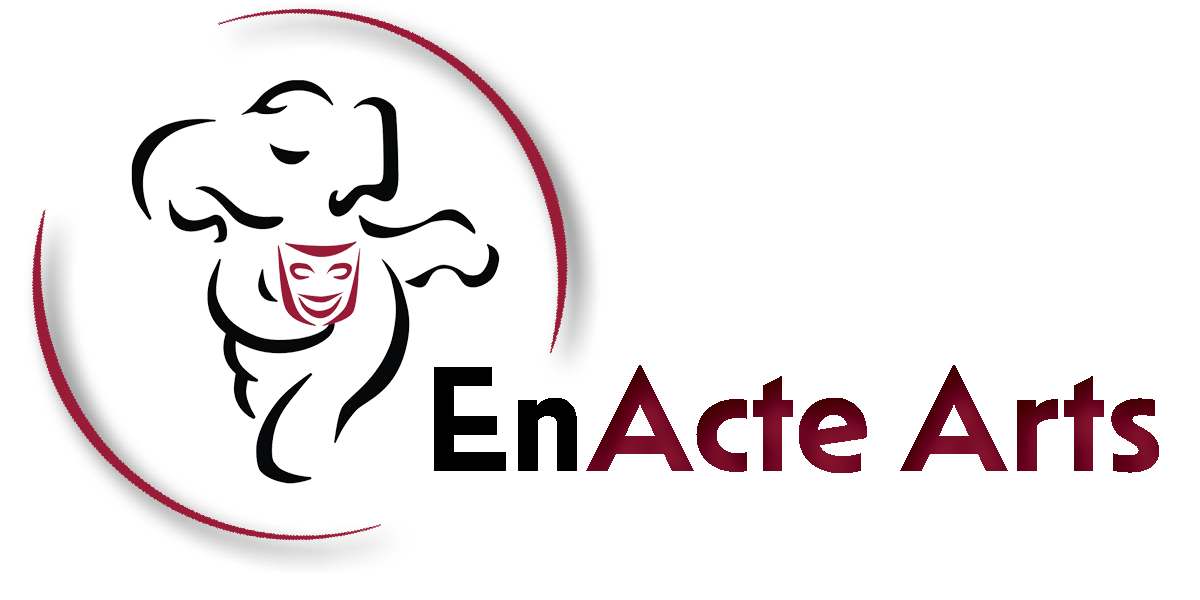
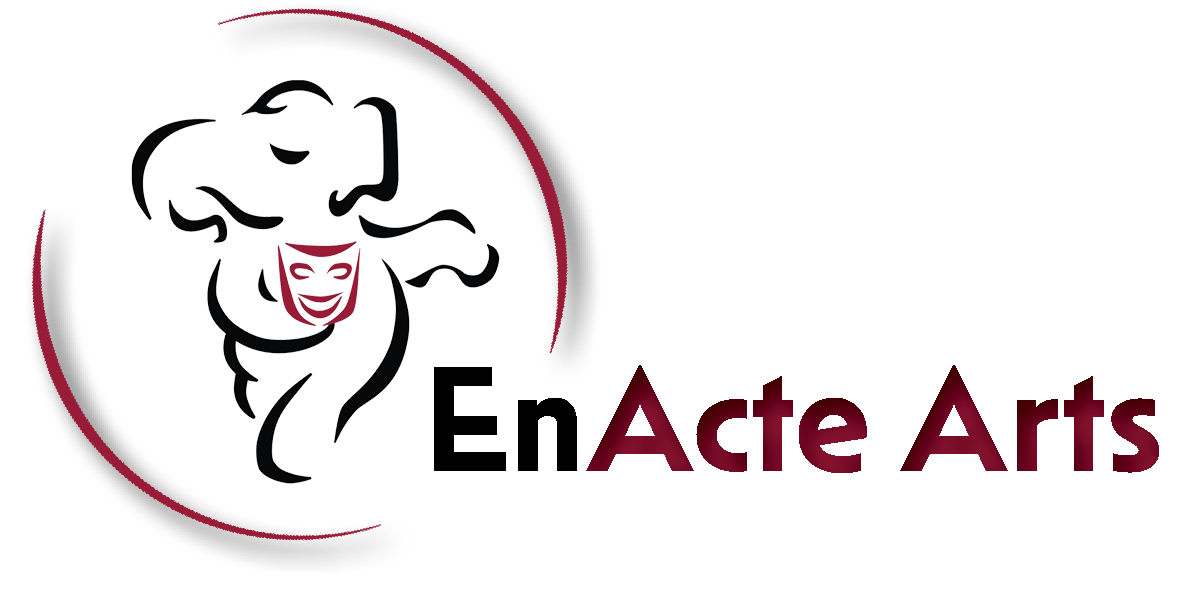


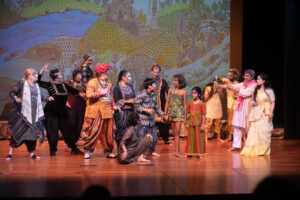

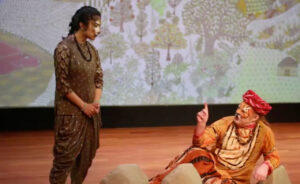

No comment yet, add your voice below!